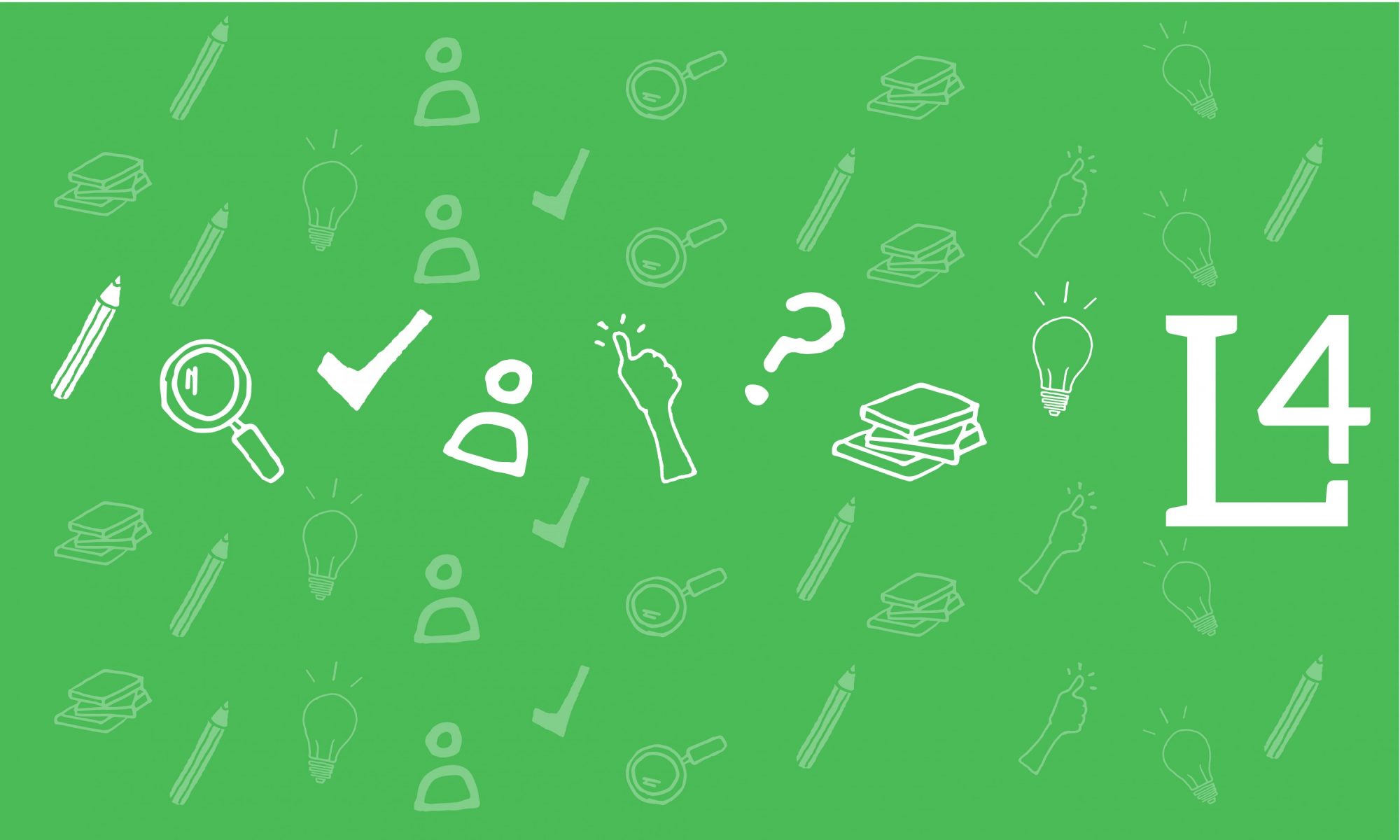Increasing Students’ Intercultural Knowledge and Competency
Elizabeth Parks
Architectural Technology
Design IV
Activity Description: Provide a brief description of the activity
As part of their design of a new museum building located on the CityTech campus, students are asked to select a theme for their collection that is drawn from their own culture. This gives them an opportunity to perform research to select exhibits and then to share what they have learned with their classmates.
Learning Goals: What do you aim to achieve with this activity?
The goal is to increase their own understanding of their cultural heritage and to develop an attitude toward what they have learned. The process of developing an attitude introduces an external framework to their knowledge and they can use that framework to drive the strategies they employ in their design process. The studio setting of the classroom allows the process and the results to be shared with all the members of the class.
Timing: At what point in the lesson or semester do you use this activity? How much classroom time do you devote to it? How much out-of-class time is expected?
The design of the museum is completed in approximately 11 weeks during a regular semester.
Logistics: What preparation is needed for this activity? What instructions do you give students? Is the activity low-stakes, high-stakes, or something else?
When the project is introduced the students are told that they will chose the theme and content of the museum exhibits. They are asked to reflect on their cultural backgrounds and come up with a theme drawn from their experience or understanding. They are asked explicitly "What do you want to teach visitors to your museum?" For some students the choice is high-stakes, but the selection of a theme is not graded. The theme will influence the design strategy that they use in the creation of the building, and it is hoped that the passion they feel for their theme will further engage them in the design process. However, even students who have a more neutral stance toward their theme are able to successfully complete the project.
Assessment: How do you assess this activity? What assessment measures do you use? Do you use a VALUE rubric? If not, how did you develop your rubric? Is your course part of the college-wide general education assessment initiative?
The students are asked to reflect on their projects, the process and the outcome. And they are asked to respond to the reflections of their peers. The revised assignment, using cultural -based themes for the design, is being taught in the Summer 2020 session and will be integrated into the Fall 2020 semester as well. For the summer session the reflections will be graded as part of the class participation, with a low stakes impact on their grade. The results will be reviewed for Fall 2020.
Reflection: How well did this activity work in your classroom? Would you repeat it? Why or why not? What challenges did you encounter, and how did you address them? What, if anything, would you change? What did students seem to enjoy about the activity?
I was inspired by several students from earlier semesters, who chose to use very personal themes instead of the History of New York , which was part of the original project brief. Those students were engaged very productively in the design process which resulted in very interesting projects. Summer 2020 is the first semester that the cultural theme has officially been part of the project description. I was initially leery about asking students to be ambassadors for their cultures but the response has been very positive so far. About half the students have chosen emotionally charged themes involving topics of colonization, immigration, segregation, and stereotypes. Others have a more neutral position toward the material, but recognize that proposing a museum dedicated to Nubian culture is a statement in its own right.
Additional Information: Please share any additional comments and further documentation of the activity – e.g. assignment instructions, rubrics, examples of student work, etc. These can be links to pages or posts on the OpenLab.
The following is a link to my portfolio on open lab which contains the presentation of the revised assignment created as part of a Gen Ed Living Lab workshop during the Spring 2020 semester.
https://openlab.citytech.cuny.edu/eparks-portfolio/teaching-portfolio/syllabi-assignments/
Please share a helpful link to a pages or post on the OpenLab
https://openlab.citytech.cuny.edu/eparks-portfolio/teaching-portfolio/syllabi-assignments/



